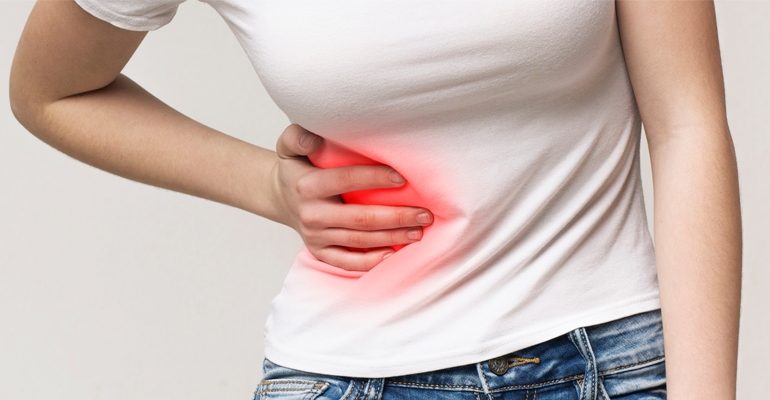What is a Kidney Stone?
On a general note, a kidney stone is a hard substance, which is made out of chemicals present in the urine. Urine consists of many dissolved wastes present in the body. When there are more amounts of waste than the liquid content, the formation of crystals takes place. These crystals gradually attract the rest of the chemicals present each time a human urinates. Certain chemicals that cause such coagulation are calcium, oxalate, urate, cystine, xanthine, and phosphate.
Types of kidney stones:
- Calcium oxalate
- Uric acid
- Struvite
- Cystine
How common are kidney stones?
Not all of us get kidney stones, but once they occur, it becomes a lot difficult to deal with them. Obviously, age isn’t a factor for a certain disorder to occur, but, each year more than half a million people face emergency problems due to kidney stones. On average, from 3.8% the rate has been increased to 8.8% of the population having kidney stones issues.
So, let’s jump on to what signs and symptoms can help us out for earlier detection and cure.
What could be the signs and symptoms?
- Back Pain:
The pain often occurs suddenly and it worsens when the ureters contract to push out the stone. This pain is also reflected on the sides and at the back and also below the ribs. It may also radiate to the belly area as the stone takes its movement. - Blood In Urine:
The occurrence of blood in the urine is the most common symptom of kidney stones. It is also known as hematuria. The color of blood could vary from red, pink, or brown. - Vomiting Or Nausea:
It is very common for people to have vomiting or the sensation of it while having kidney stones. This may occur due to certain neural connections. This symptom can also be a result of a response to the pain caused. - Smelly Or Cloudy Urine:
Healthy urine is usually clear with a strong odour. When smelly or cloudy urine passes through it is an implication of the kidneys having a stone, being built up. This could also be an infection in the kidneys. Usually, cloudiness in the urine is a sign that there has been a formation of pus. Here, the urine is more concentrated than normal urine. - Fever And Fatigue:
A fever, or a chill, or fatigue is a sign that there is some infection in the kidneys or in the urinary tract. This could be a complication of kidney stones as well. In case of temperature being higher than 100.4oF or 38oC, there is an occurrence of the infection. - Burning Sensation While Urinating:
When the stone is about to reach the junction of the ureter and the bladder, the pain increases every time we urinate and hence causing certain burning sensations on the skin. - Passage of less urine:
A lesser passage of urine implies that there are chances of a large kidney stone being stuck in the ureter. This may lead to an entire blockage in the passage of urine, which is a serious medical call. - Visiting the loo frequently:
An urgency to go and use the washroom is a sign that the kidney stone has begun its movement and is coming onto the lower part of the urinary tract. This may lead to the need to use the washroom day and night.
Conclusion:
Kidney stones are a collection of various salts and minerals. The symptoms could be severe pain, urinating issues, etc. In case there occurs any major issue, consult a urologist today!
![]()




